Federalism is like the ultimate power tussle between the national and state governments. It's outlined by the Constitution, which separates powers like a complicated recipe. States can tackle local quirks while the feds juggle national issues—like defense and laws. It leads to a colorful patchwork of governance across the U.S. But here's the kicker: conflicts can brew when state and federal laws clash. Curious about how this plays out in everyday life? Stick around for more insights.
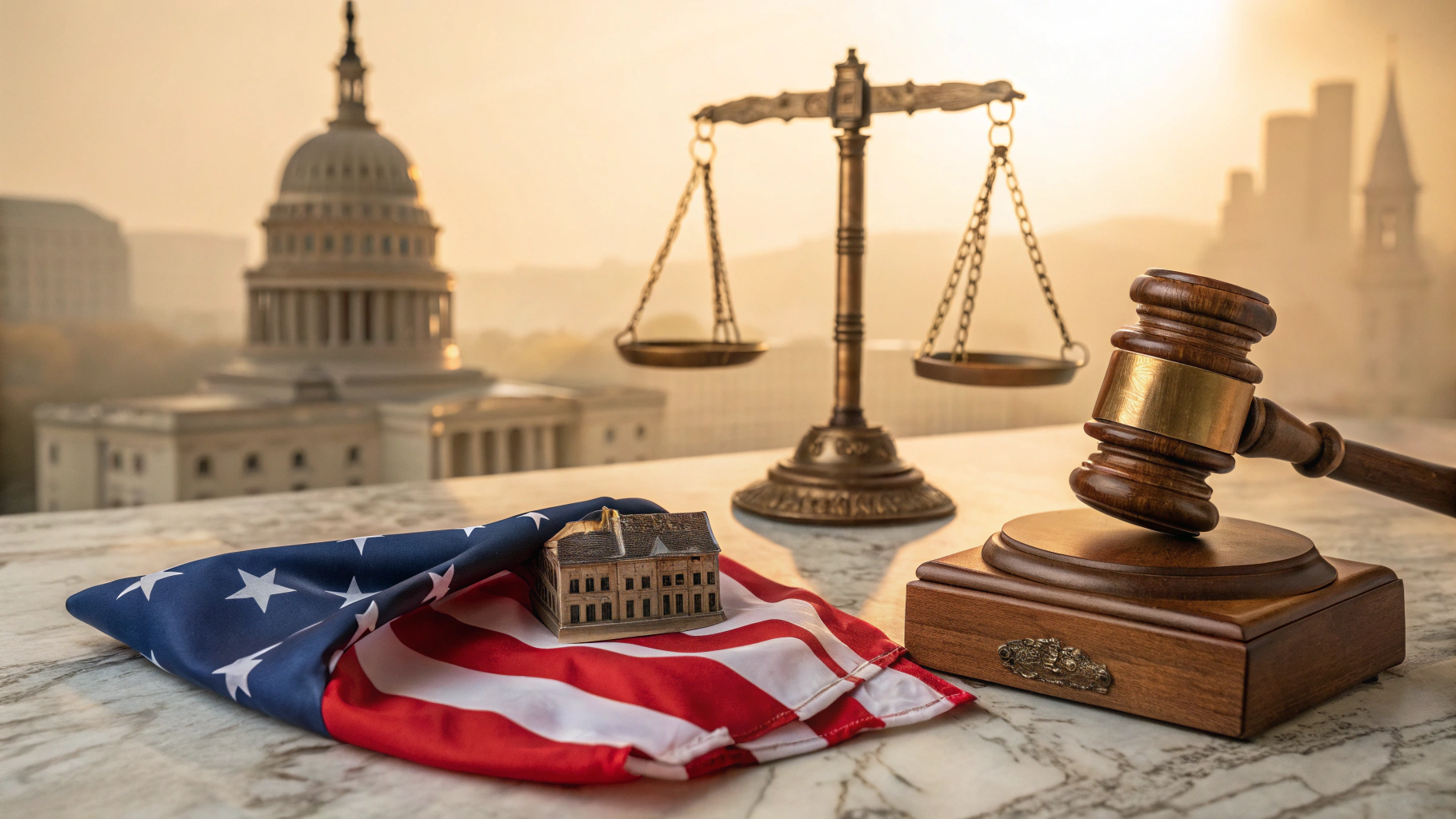
Federalism might sound like a fancy term thrown around in political debates, but at its core, it's really about power—who has it, who gets to use it, and how it's divided. In the United States, federalism is a system that splits power between the national government and state governments. Think of it as a tug-of-war where both sides get to pull, but with rules. The Constitution lays down the framework, stating who gets what.
You've got your federal government, with its own legislative, executive, and sometimes judicial branches. Then you have state governments doing their thing. Each level has its own powers, but they also share some, like taxing you—because who doesn't love taxes? The Tenth Amendment keeps it clear: if the feds didn't get it, it's up for the states to take a crack at it. But don't forget the Supremacy Clause. When it comes down to it, federal laws win in a showdown. Both national and local governments have law-making powers under this federal structure, allowing for diverse governance.
The history of federalism in the U.S. is like a rollercoaster. Initially, the Articles of Confederation left states with way too much power. Enter the Constitution, which flipped the script. The Federalist Papers argued for a stronger central authority. They were all about that national welfare, even if it meant stepping on some state toes. The Constitution provides the federal government with specific enumerated powers, such as regulating interstate and international commerce, declaring war, and managing foreign relations, as outlined primarily in Article I, Section 8.
Fast forward to today, and federalism is a mixed bag. It can help states tackle local issues while the feds deal with the big stuff, like national defense or, you know, trying to keep everyone from losing their minds. It's not all sunshine and rainbows, though. The balance of power can get messy.
In everyday life, federalism shapes how citizens interact with their government. Want to know who's in charge? Look to the feds or your state. It's the ultimate civic puzzle, and understanding it is key to making sense of American governance.
Frequently Asked Questions
How Does Federalism Affect State Versus Federal Law Enforcement?
Federalism throws a wrench into law enforcement. States are supposed to handle most policing, but the feds just can't resist popping in, often complicating things.
Think dual prosecutions for the same crime—fun, right? Federal agencies can swoop in, sometimes overstepping local authority.
Sure, they offer funding and training, but it can feel like a power grab. It's a messy dance between state autonomy and federal oversight, leaving everyone a bit confused.
What Role Does Federalism Play in Education Policy Decisions?
Federalism in education is a tricky beast. The feds swoop in with laws like No Child Left Behind, pushing states to play ball with standardized testing.
But wait! States cry for freedom, and along comes the Every Student Succeeds Act, handing some power back.
It's a tug-of-war. The feds dangle funding and influence, while states try to keep regional needs in mind.
In the end, it's a chaotic dance of control and autonomy.
How Has Federalism Evolved Since the Founding of the United States?
Federalism has had quite the rollercoaster ride since the U.S. was founded.
It started with the Constitution, giving states some power, then the Civil War happened, and boom—federal government takes the lead.
Fast forward to the late 1800s, things were pretty divided.
Then, during the New Deal, the feds barged into state business.
Now? It's a balancing act of power, with states trying to wrestle back some control.
What a mess!
Can States Challenge Federal Authority Under Federalism?
Sure, states can definitely challenge federal authority.
It's all in the Constitution, folks! The Supremacy Clause? Yeah, that says federal law wins—if Congress is playing by the rules.
But states aren't just going to roll over. They can head to court, wield the Tenth Amendment, and remind Congress who's boss.
It's like a game of tug-of-war, with the states yanking back when they feel pushed too hard by Uncle Sam.
What Are the Advantages of Federalism in Governance?
Federalism has its perks. States can try out policies like they're test-driving a car. Some succeed, some crash.
More local control means people can actually get involved—shocking, right? It also lets different cultures breathe and thrive.
Plus, it keeps the big government monster at bay. Who wants one entity calling all the shots?
To sum it up, federalism is like a buffet: diverse options for everyone, minus the food coma.
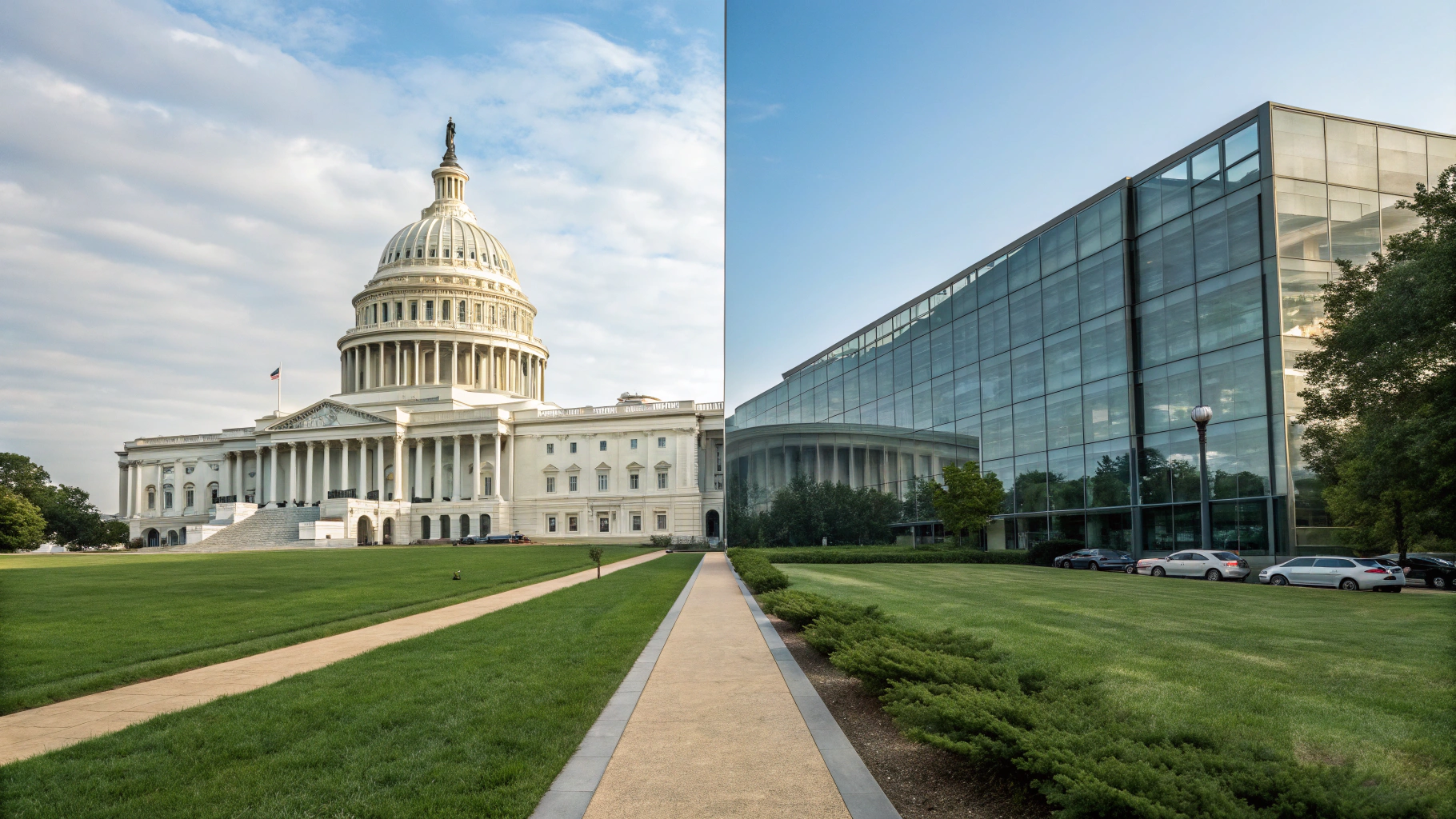

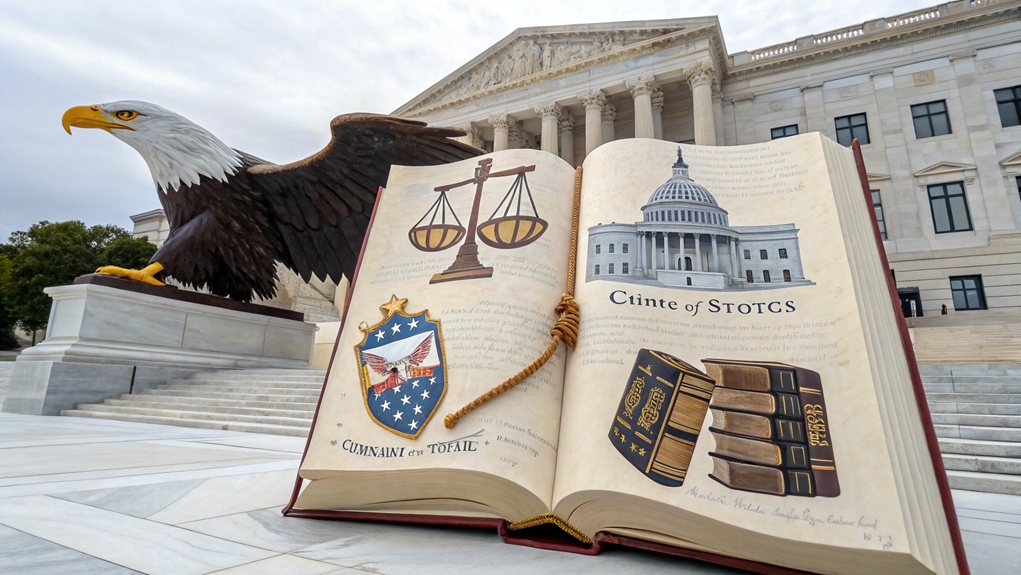
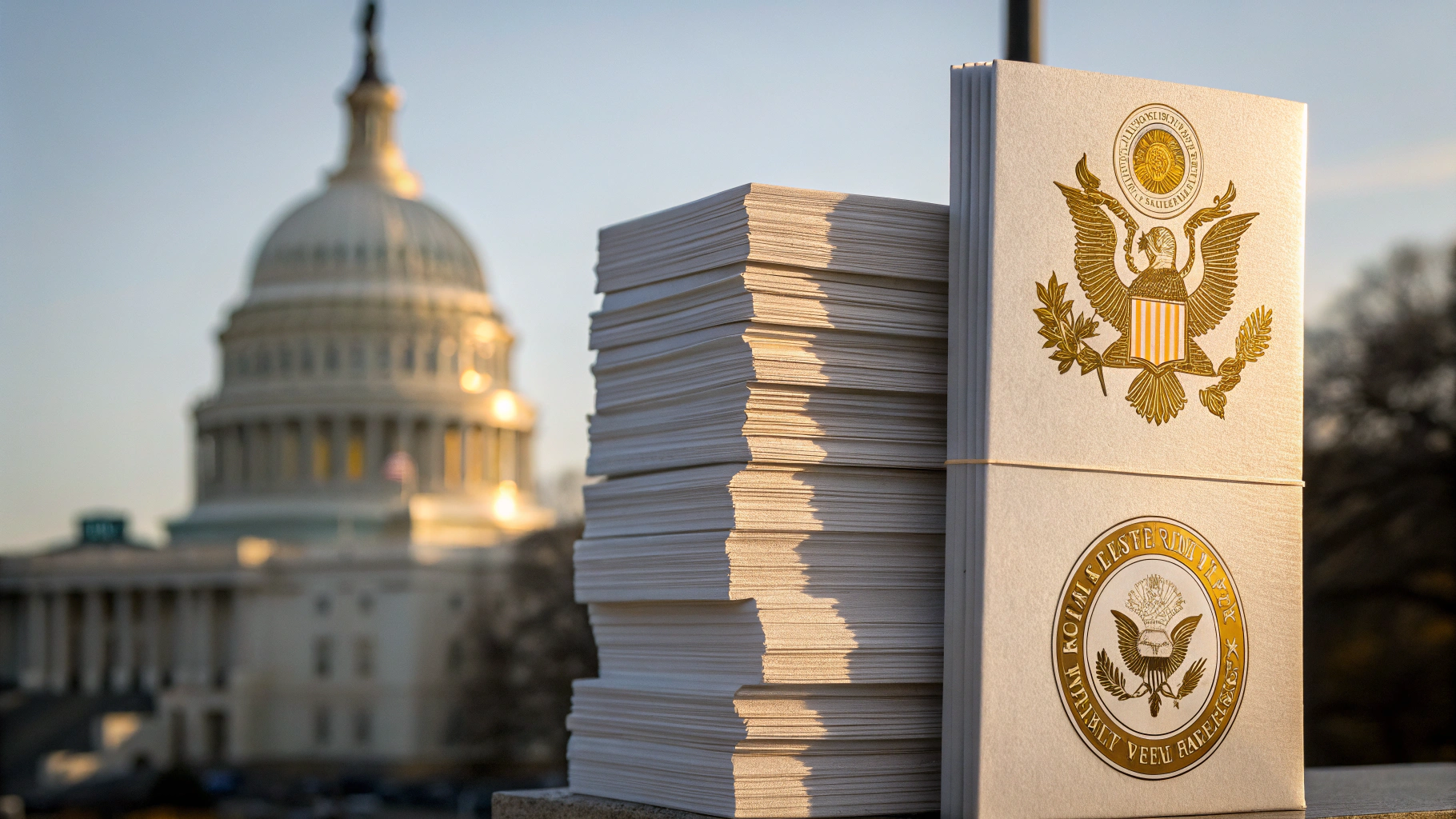
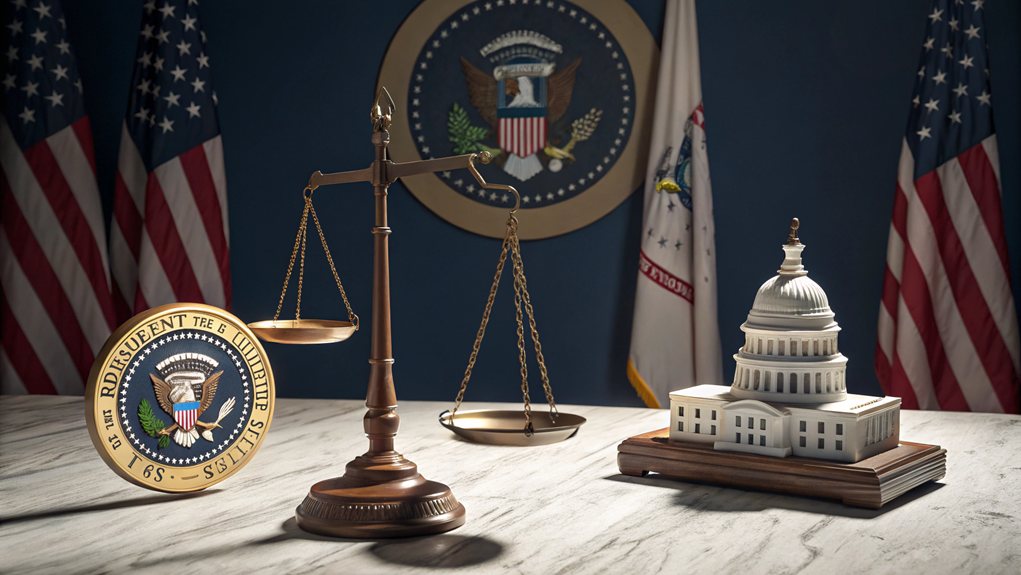
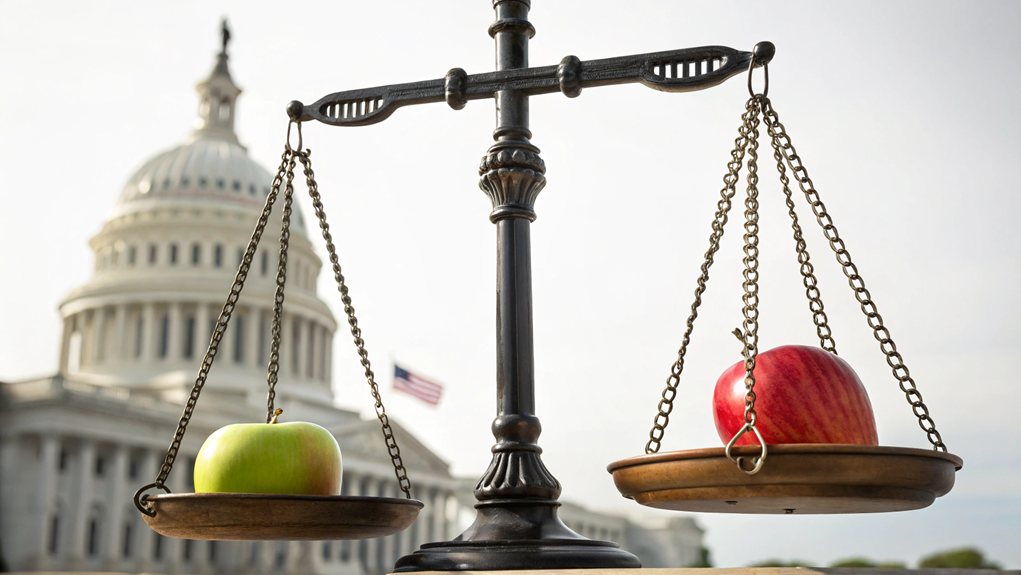




1 comment
Comments are closed.